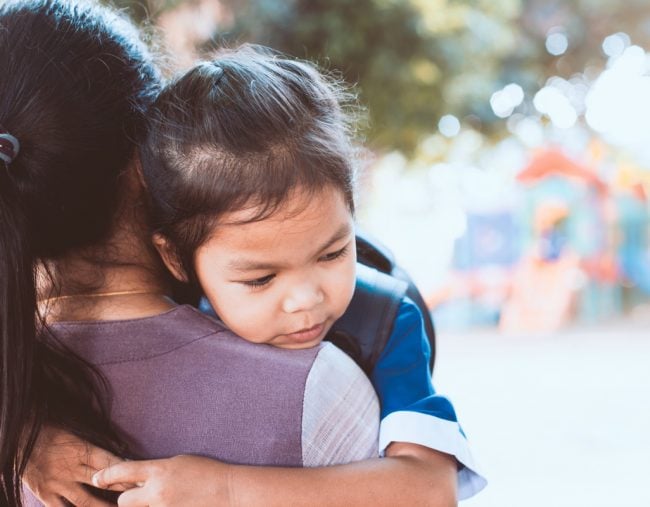

Conversations surrounding bullying tend to be about external measures required to ensure a healthy environment for children to grow and develop, play and learn. This is so important, especially considering the potential long-term and detrimental impact of bullying.
However, there’s a big component to this discussion that is often missed. That is: the role of the parent when dealing with all kinds of social situations, including bullying.
Therefore, it has always been my approach as a parent to be proactive from the inside-out first (teaching my children how to evaluate and respond to these complex situations), and then the outside-in second (tackling the structures of the environment if required). We need to talk about both.
Resilience is a vital quality for children to learn in order for them to navigate all aspects of their life. The thing is, when it comes to factors that build resilience, the focus comes back to your relationship with the child, as studies have shown.
So, let’s keep working on no-bullying environments for our children, however, as parents, we need to focus on a holistic approach when dealing with tricky social environments.
The question is…how? As I look back on my experiences, there are certain assumptions I have established for myself that have helped me navigate this aspect of parenting.
Firstly, all children are learning.
I think this is vital to establish as a base point. It seems obvious – of course kids are learning! However, I have found it important to tackle tricky social situations with a sense of compassion and openness. Because – I tell you – if someone hurts my children (emotionally or physically), the mama-bear in me comes out (frighteningly) fierce.


